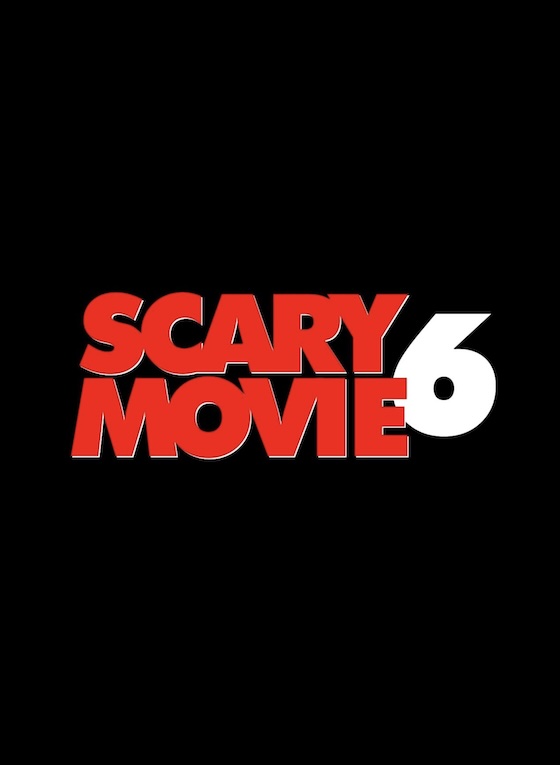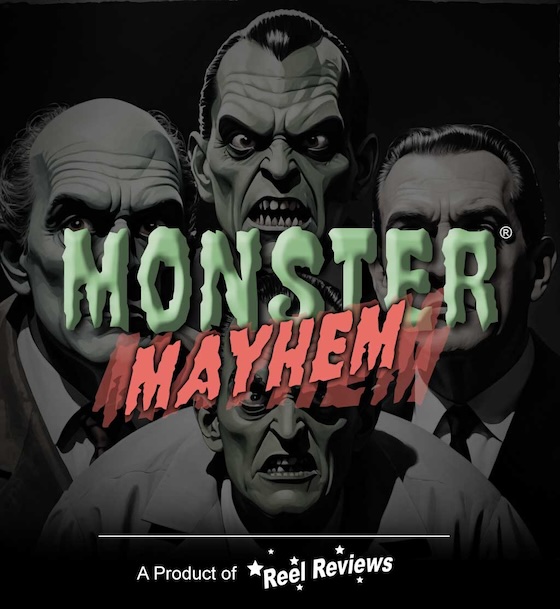{2jtab: Movie Review}
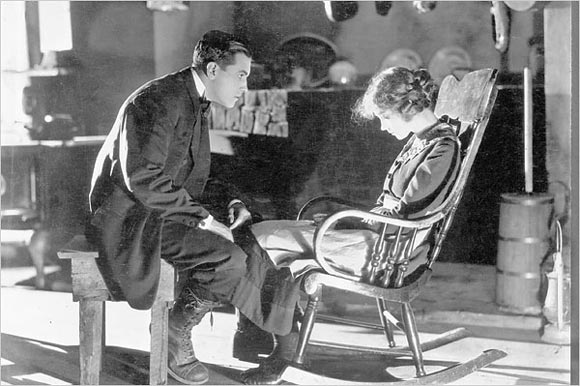
|
![]()
This month Kino fires up its release of Silent Era films by unloading two classics from the towering film pioneer D.W. Griffith onto blu-ray. Way Down East is probably the lesser known of the two releases (The Birth of a Nation being the other title to see the HD market), but that shouldn’t deter from its status as the final successful picture – in terms of revenue and critical reception – that Griffith had before his eventual fade out. It is also one of actress Lillian Gish’s finest moments. Her turn as a poor country girl is full of pathos and silver screen promise. While the film’s morals might be dated, Way Down East is a pleasure to soak in if only to let Griffith’s mastery of a burgeoning craft wash over you for a couple of hours.
Four adaptations of Lottie Blair Parker’s melodrama were mounted. Griffith’s is the most popular. Co-written by Anthony Paul Kelly, Way Down East is the story of downtrodden Anna Moore (Gish) who, taken by the man-of-the-moment smoothness of Lennox (Lowell Sherman), finds herself suckered into a marriage abandoned once she becomes pregnant. She has the child on her own, but her luck doesn’t improve.
No, things get worse for the abandoned Anna.
The child dies and she’s penniless. Forced from her home, she wanders tirelessly looking for work. Salvation comes in the efforts of Squire Bartlett (Burr McIntosh). He hires her to complete the occasional odd job for him. Soon enough, Squire Bartlett's son, David (Richard Barthelmess), enters the picture as someone more than just a friend. She refuses his attempts to woe her and, when Lennox shows back up with another woman on his mind, Anna finds herself without a job and a home. All because of her past. All because of Lennox. All because she is only a woman in a man’s world.
Way Down East might be D.W. Griffith’s long overdue apology to all of womankind after their depicted treatment in The Birth of a Nation and its inherit racism, but his supposed apology also works as good old-fashioned melodrama that transcends its own history and settles into a kindly story of female strength vs. social norms. Gish’s portrayal of a woman wronged is literal Feminism 101. She is both strong and tender without betraying her gender. True, in the film’s final moments, she is famously rescued from an icy river that flows toward an unruly waterfall by a man but this is done without spoiling her genuine performance.
Is it a condemnation of Victorian principles? Maybe so. Is it outdated? Yes. That much is certain even from its beginning. Consider its birth. It’s certainly an odd picture considering the decade that owns its copyright. The Roaring Twenties weren’t known for their … regard to morals. Regardless of the statement being made (as many have speculated), Way Down East is a fantastic melodrama that floats easily on its stream due to Gish’s fantastic performance and the rich characters that populate its 150-minute running time.
Griffith doesn’t make pictures so much as he makes statements. Sometimes they are crass and generalizing and completely wrong-headed. Griffith was, after all, a tyrannical madman. He was also a cinematic pioneer. By 1920, he seems to have (maybe) calmed down and settled into his silent-but-big-budgeted groove. It is reported to have cost a whopping $175,000 to make, but Way Down East seems to be the sincere apology. It’s conventional and big-hearted. It’s also a grand and noble gesture and so much easier to digest than having the KKK be the heroes of the picture (newbies see Birth of a Nation).
Way Down East is a fascinating appeal for tolerance from a controversial director that found himself consistently dead center in the confusing world of celluloid fame. Sometimes he was the target. Sometimes he was the gun. Either way, his films were the bullets that delivered the message.
{2jtab: Film Details}
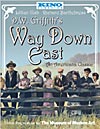 MPAA Rating: This title has not been rated by the MPAA.
MPAA Rating: This title has not been rated by the MPAA.
Director: D.W. Griffith
Writer: D.W. Griffith
Cast: Lillian Gish; Richard Barthelmess; Lowell Sherman; Murr McIntosh
Genre: Classic | Silent | Drama | Romance
Tagline: A simple story for plain people.
Memorable Movie Quote:
Distributor: United Artists
Home Video Distributor: Kino Video
Official Site:
Theatrical Release Date: September 3, 1920
DVD/Blu-ray Release Date: November 22, 2011
Synopsis: A naive country girl is tricked into a sham marriage by a wealthy womanizer, then must rebuild her life despite the taint of having borne a child out of wedlock.
{2jtab: Blu-ray Review}
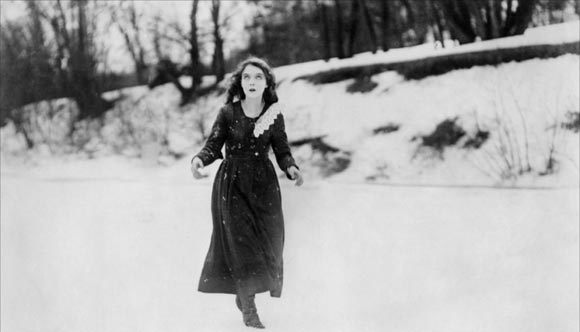
|
||||||||||||||||||
Blu-ray Details:
Available on Blu-ray - November 22, 2011
Screen Formats: 1.33:1
Subtitles: English language intertitles, no foreign language subtitles
Audio: Dolby Digital 5.1 surround sound and Dolby Digital 2.0 stereo sound
Discs: one single-sided Blu-ray Disc
Mastered in High Definition from the Museum of Modern Art’s 35mm remastered print, Way Down East sports the original colored tints intended for the projectionists to show. Who said Silent Films were purely black-and-white? Not D.W. Griffith. The 1080p captures the burgeoning Technicolor process with clarity and charm. The print itself is not in the best of conditions, though. Several frames and reels are missing and new title cards have been inserted to save the narrative. There are dirt specks and scratches on the print, but – being the best we have – the film is still a fascinating trip. The music – supplied by the Mont Alto Motion Picture Orchestra, is presented in a robust DTS-HD Master Audio 5.1 track.
Supplements:
Commentary:
- None
Special Features:
Kino packages the film nicely in a handsome box that houses the Blu-ray. As far as supplemental material is concerned, the disc is loaded with notes and excerpts from the original play and tons of photographic galleries from the making of the film and its various stage productions. There is also a one-minute segment that showcases Uncle Tom’s Cabin from 1903 and the scene that inspired the ice flow rescue.
- Gallery of images from original souvenir program book
- Notes and excerpts by Lottie Blair Parker
- Photos of William Brady's 1903 stage production
- Edison Studio's ‘Uncle Tom’s Cabin’ (1 min)
{2jtab: Trailer}
{/2jtabs}

